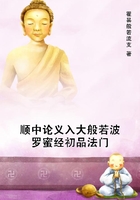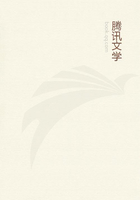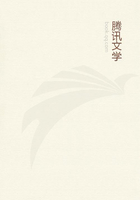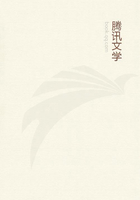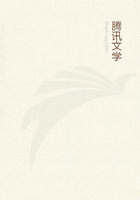SOCRATES: The state or the soul, therefore, which wishes to have a right existence must hold firmly to this knowledge, just as the sick man clings to the physician, or the passenger depends for safety on the pilot. And if the soul does not set sail until she have obtained this she will be all the safer in the voyage through life. But when she rushes in pursuit of wealth or bodily strength or anything else, not having the knowledge of the best, so much the more is she likely to meet with misfortune. And he who has the love of learning (Or, reading polumatheian, 'abundant learning.'), and is skilful in many arts, and does not possess the knowledge of the best, but is under some other guidance, will make, as he deserves, a sorry voyage:--he will, I believe, hurry through the brief space of human life, pilotless in mid-ocean, and the words will apply to him in which the poet blamed his enemy:--'...Full many a thing he knew;
But knew them all badly.' (A fragment from the pseudo-Homeric poem, 'Margites.')ALCIBIADES: How in the world, Socrates, do the words of the poet apply to him? They seem to me to have no bearing on the point whatever.
SOCRATES: Quite the contrary, my sweet friend: only the poet is talking in riddles after the fashion of his tribe. For all poetry has by nature an enigmatical character, and it is by no means everybody who can interpret it. And if, moreover, the spirit of poetry happen to seize on a man who is of a begrudging temper and does not care to manifest his wisdom but keeps it to himself as far as he can, it does indeed require an almost superhuman wisdom to discover what the poet would be at. You surely do not suppose that Homer, the wisest and most divine of poets, was unaware of the impossibility of knowing a thing badly: for it was no less a person than he who said of Margites that 'he knew many things, but knew them all badly.' The solution of the riddle is this, I imagine:--By 'badly' Homer meant 'bad' and 'knew' stands for 'to know.' Put the words together;--the metre will suffer, but the poet's meaning is clear;--'Margites knew all these things, but it was bad for him to know them.' And, obviously, if it was bad for him to know so many things, he must have been a good-for-nothing, unless the argument has played us false.
ALCIBIADES: But I do not think that it has, Socrates: at least, if the argument is fallacious, it would be difficult for me to find another which I could trust.
SOCRATES: And you are right in thinking so.
ALCIBIADES: Well, that is my opinion.
SOCRATES: But tell me, by Heaven:--you must see now the nature and greatness of the difficulty in which you, like others, have your part. For you change about in all directions, and never come to rest anywhere: what you once most strongly inclined to suppose, you put aside again and quite alter your mind. If the God to whose shrine you are going should appear at this moment, and ask before you made your prayer, 'Whether you would desire to have one of the things which we mentioned at first, or whether he should leave you to make your own request:'--what in either case, think you, would be the best way to take advantage of the opportunity?
ALCIBIADES: Indeed, Socrates, I could not answer you without consideration. It seems to me to be a wild thing (The Homeric word margos is said to be here employed in allusion to the quotation from the 'Margites' which Socrates has just made; but it is not used in the sense which it has in Homer.) to make such a request; a man must be very careful lest he pray for evil under the idea that he is asking for good, when shortly after he may have to recall his prayer, and, as you were saying, demand the opposite of what he at first requested.
SOCRATES: And was not the poet whose words I originally quoted wiser than we are, when he bade us (pray God) to defend us from evil even though we asked for it?
ALCIBIADES: I believe that you are right.
SOCRATES: The Lacedaemonians, too, whether from admiration of the poet or because they have discovered the idea for themselves, are wont to offer the prayer alike in public and private, that the Gods will give unto them the beautiful as well as the good:--no one is likely to hear them make any further petition. And yet up to the present time they have not been less fortunate than other men; or if they have sometimes met with misfortune, the fault has not been due to their prayer. For surely, as I conceive, the Gods have power either to grant our requests, or to send us the contrary of what we ask.

